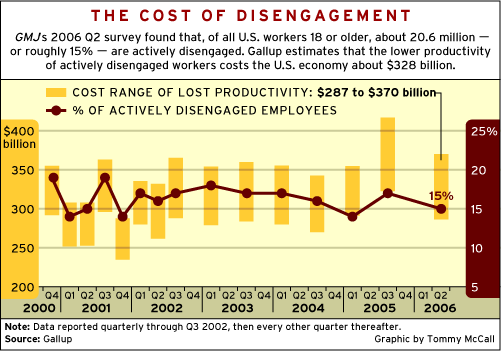By JOE LIGHT
A tight job market might have taken away some jobseekers' leverage in a salary negotiation, but that doesn't mean they should roll over and accept the first offer, says New York-based executive coach Rabia de Lande Long. To get the top compensation possible—without putting a sour taste in your potential employer's mouth—take these steps.
1. Do your research.
It used to be hard to find out what your coworkers and other professionals in your industry get paid. But now, several resources have attempted to opened that black box, says Ms. de Lande Long. Salary.com and Payscale.com give salary ranges to expect based on a job seeker's position, location, and experience. Employees at the actual company you're applying to might have also posted their salaries at GlassDoor.com.
2. Don't give out the first number.
You'll be pressured to do this through the application process. "What's your salary requirement?" "What salary range are you looking for?" "What do you get paid now?"
Whatever you do, never give out the first number, says Ms. de Lande Long. If your answer is too high, you might not make it to the next stage. Too low, and an employer will either think you're not qualified or desperate. So, if possible, write "NA" on applications.
If you're pressured to say how much you make during the interview process, try giving your "total compensation," which many large employers will break out for you on the company's internal human resources website. If your current employer doesn't do that, just spell out your salary, benefits, bonuses, and anything else your current employer offers, says Decatur, Ga. career coach Walter Akana. If the new company doesn't offer some of similar benefits, the HR manager will know that your new salary would have to be bumped up to reflect that, he says.
If the interviewer still presses for a required salary, try giving a range of $15,000 rather than a specific number, Mr. Akana says.The low amount should be the minimum you'd be happy with and the high amount should be what would make you happy.
3. Don't lie.
"It's so easy to get someone in HR to verify a salary, even if they're not supposed to," says Ms. de Lande Long. Even if you make it to a job offer, the false salary could come out during a background check, which could result in an outright retraction of the offer or at least upset an employee's new boss. "And from that point onward, you might face trouble in negotiations not just with your new employer, but with everyone in your industry who has heard. Word gets around," says Ms. de Lande Long.
4. Don't take the first offer.
Most employers expect candidates to try to negotiate. So they leave room in the first offer for a raise, says Mr. Akana. If possible, try to arrange a face-to-face meeting with the hiring manager rather than someone in human resources. The hiring manager is more likely to be flexible, says Mr. Akana. "
Say that you're flattered to have an offer and really want to join the team, but that there are a couple specific items that you're sure you could resolve if you put your heads together," says Mr. Akana. Despite the pressure on salaries during the downturn, a good rule of thumb is to ask for a 10% higher salary, says Ms. de Lande Long.
If the hiring manager says budget restrictions keep him from going as high as you'd like, it might be that the position is "graded" to be within a certain salary band by HR, says Mr. Akana. It's worth asking if the boss can ask the appropriate person for the job to be re-graded. The worst he can say is no.
5. Once that's locked in, go for other benefits.
Despite what you might have heard, many benefit packages aren't flexible, says Ms. de Lande Long. So, while it's worth asking, it might be difficult to modify the health plan. Your success in getting more vacation days depends on the employer, says Ms. de Lande Long.
Your potential boss might be hesitant to give you more days if it will make other employees think they're being treated unfairly. Instead, focus on things that are easy for the employer to provide, such as a work-from-home arrangement for one day a week, if the employer has made such arrangements in the past, says Mr. Akana.
If you still feel your package is too low, ask if it can be reviewed again in six months. "That way, you can show them that you're worth the money," he says.


 I ask my bosses for more work. I pitch ideas every day. I try hard, but I'm ignored. What's wrong?
I ask my bosses for more work. I pitch ideas every day. I try hard, but I'm ignored. What's wrong?

